It’s always intriguing to me to discover the health advantages of everyday kitchen spices. We often use ground cumin powder when preparing chili, tacos, curry, or fajitas. Indeed, cumin plays a pivotal role in numerous Mexican, Spanish, Middle Eastern, and Indian recipes.
In the US, cumin is frequently found in packaged taco seasonings, but try to avoid those! You can create a quick and simple spice mix (details are provided later in this post) and avoid the sodium and fillers in those small packets.
Cumin is far more than just another spice for a blend. It has a unique flavor that many people love, and its health benefits are impressive too! I always purchase cumin in bulk by the pound and keep a quart-size mason jar in my spice cabinet for convenient access. Here’s why:
A Brief History of Cumin
Similar to cinnamon, cumin boasts a long and esteemed history. It’s among the earliest herbs cultivated in Asia and Europe.
Originally native to Egypt (where ancient Egyptians even used it in mummification), this tiny seed from a small plant in the parsley family gained popularity in ancient Greece and Rome. Interestingly, in the Middle Ages, cumin symbolized love and fidelity and was often part of weddings or baked into bread sent with soldiers into battle. Spanish and Portuguese colonists later brought it to the Americas.
As with most spices, these and other cultures valued cumin for its aroma, flavor, and medicinal properties. Traditional texts describe its use as a diuretic, to aid digestion, and to alleviate flatulence. Some cultures have used it for women’s health and to encourage menstruation.
Like many herbs, cumin can be made into a poultice, especially for swelling or sore throat. I even found a reference to a remedy that combines cumin with ghee to alleviate hiccups!
Benefits of Cumin
This common spice has various uses and benefits as a remedy and has been rigorously studied for its effects:
Source of Vitamins
Cumin is considered a good provider of iron, manganese, magnesium, phosphorus, and other minerals. It also contains vitamin A, vitamin C, vitamin E, and B6, along with beneficial amino acids.
Aids Digestion
Some studies indicate that cumin may boost the production of pancreatic enzymes and assist in digestion. Cumin Coriander and Fennel Tea is my preferred choice for easing tummy discomfort and gas at our home. It’s also beneficial for those attempting to heal their gut.
Supports Brain Health
A study discovered that cumin might safeguard against memory decline and the harmful effects of stress on the body. It stimulates the central nervous system, prompting studies about its potential benefits for Parkinson’s disease patients.
Rich in Antioxidants
Another study assessed its antioxidant content and found it more effective than other typical antioxidants, including vitamin C. Some lab research suggests it might even play a role in combating cancer.
May Regulate Blood Sugar
Yet another study found cumin effective in enhancing insulin sensitivity, benefiting diabetics. A study involving diabetic rats given cumin extract showed it was more effective at lowering blood glucose and AGE production than glibenclamide, an anti-diabetic medication.
Further research found that cumin extract reduced total cholesterol, triglycerides, and pancreatic inflammatory markers in diabetic rats. It even seems to prevent excess weight gain.
Relieves Asthma
Additional research indicated that cumin possesses anti-asthmatic properties, functioning as a bronchodilator and thus aiding asthmatic patients. As an expectorant, it helps in loosening phlegm for easier expulsion.
Boosts Immunity
Mark’s Daily Apple published a great article explaining cumin’s benefits. From the article:
"Oral doses (25, 50, 100, 200 mg/kg) on consecutive days improved the immune response of mice with compromised immune systems due to stress. These effects were highlighted by a reduction in elevated cortisol and adrenal gland size, an increase in thymus and spleen weight, and renewal of depleted T cells. There was a dose-dependent response, but all doses showed beneficial effects."
Assists in Cold Recovery
Natural remedies for colds often include cumin due to its potential to expedite recovery. It is rich in vitamin C and iron, both of which aid in recovery. The essential oils in cumin also help the body fight infections, and as mentioned, some people find it provides relief from coughing and sneezing by reducing excess mucus.
TIP: Mix a little cumin powder with honey for a quick cold remedy.
Promotes Weight Loss and Detoxification
Cumin can also aid in weight loss. A 2014 study investigated the effects of consuming 3 grams (about a teaspoon) of cumin daily. Both groups in the study followed the same nutritional guidelines and reduced caloric intake by 500 calories. After 3 months, the cumin group lost 3 pounds more than the control group that didn’t consume cumin.
Research attributes this to cumin’s ability to adjust fatty acid production in the liver due to its protective benefits. In the study, cumin protected rats’ livers from toxicity caused by ethanol and rancid sunflower oil consumption.
Supports Bone Health
Cumin demonstrated anti-osteoporotic effects on rats that compared to medication, but without the adverse effects. While more research is needed, it is generally regarded as a safe remedy.
The extensive benefits of this herb, found in grocery store spice packets, are truly remarkable! If you haven’t used cumin in your cooking already, there are plenty of ways to incorporate it!
Ways to Use Cumin
This potent spice has numerous culinary applications, but it offers more than just being a spice! Try these various uses for daily benefits!
Culinary Applications
The possibilities with this spice in the kitchen are abundant. It is crucial to these spice blends:
When I don’t have a spice blend ready, I simply use cumin to flavor tacos or fajitas, and we barely miss the other spices!
Adding cumin to omelets and scrambled eggs is also effective, or try using it as a dry rub on meats before grilling. Sprinkle on vegetables before roasting or add to rice for a taco-flavored rice blend.
Skin Care
Cumin isn’t the first thing that comes to mind for skin care, but it is excellent in skin care recipes. Specifically, it makes a great face scrub when mixed with honey. It’s naturally antibacterial and lightly exfoliating to remove impurities. Being rich in vitamin E, it also aids in healing the skin and preserving its youthful appearance.
Essential Oil
While not one of the most common essential oils due to its potent scent, cumin essential oil is a valuable addition to a remedy cabinet. Diluted, it can soothe an upset stomach when used externally. Or add a drop to a diffuser blend to alleviate nausea and purify the air.
Detoxification Tea
Incorporate this CCF detoxification tea into your routine for digestive and weight loss benefits.
Where to Purchase Cumin
You can easily buy this remarkable spice at most grocery stores, but be sure it’s of high quality. I typically order it here because it’s organic and tastes fantastic!
Precautions and Considerations
Cumin is generally safe and non-toxic as a culinary herb, even in moderate doses. I use it liberally in food, and taste buds usually guide the right amount to consume.
At higher medicinal doses, there are some potential effects. It may lower testosterone in very large amounts, so men may want to avoid large quantities over extended periods. It’s used in high doses to initiate menstruation, so pregnant women should be cautious with large doses due to the potential miscarriage risk.
Given the blood sugar, brain, and immune effects mentioned above, anyone with a medical condition should consult a doctor before using cumin in amounts greater than those used culinarily.
This article was reviewed by Dr. Jennifer Pfleghaar, D.O., FACEP, ABOIM. Dr. Jennifer is double board certified and now works in Emergency Medicine with a practice in Ohio focusing on Integrative Medicine. As always, this is not personal medical advice, and we recommend consulting your doctor.
Do you use cumin? What’s your favorite dish or recipe that incorporates cumin? Share your thoughts!


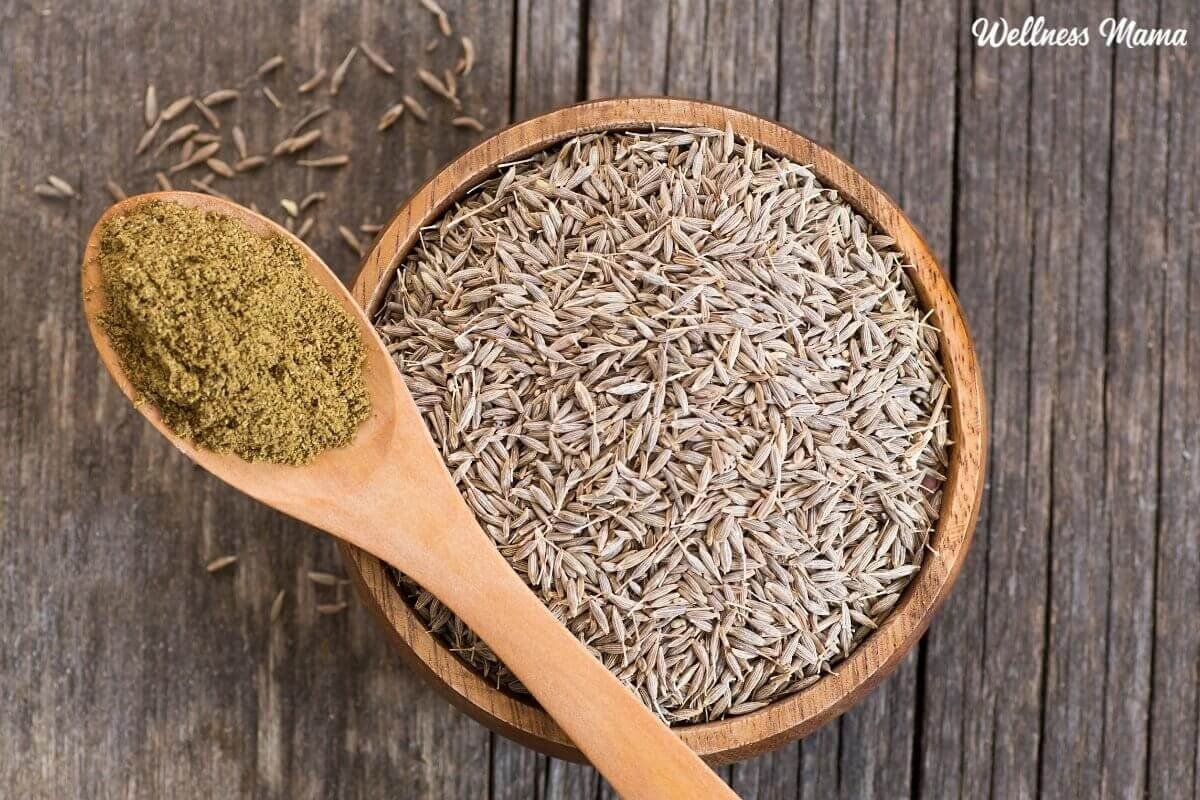
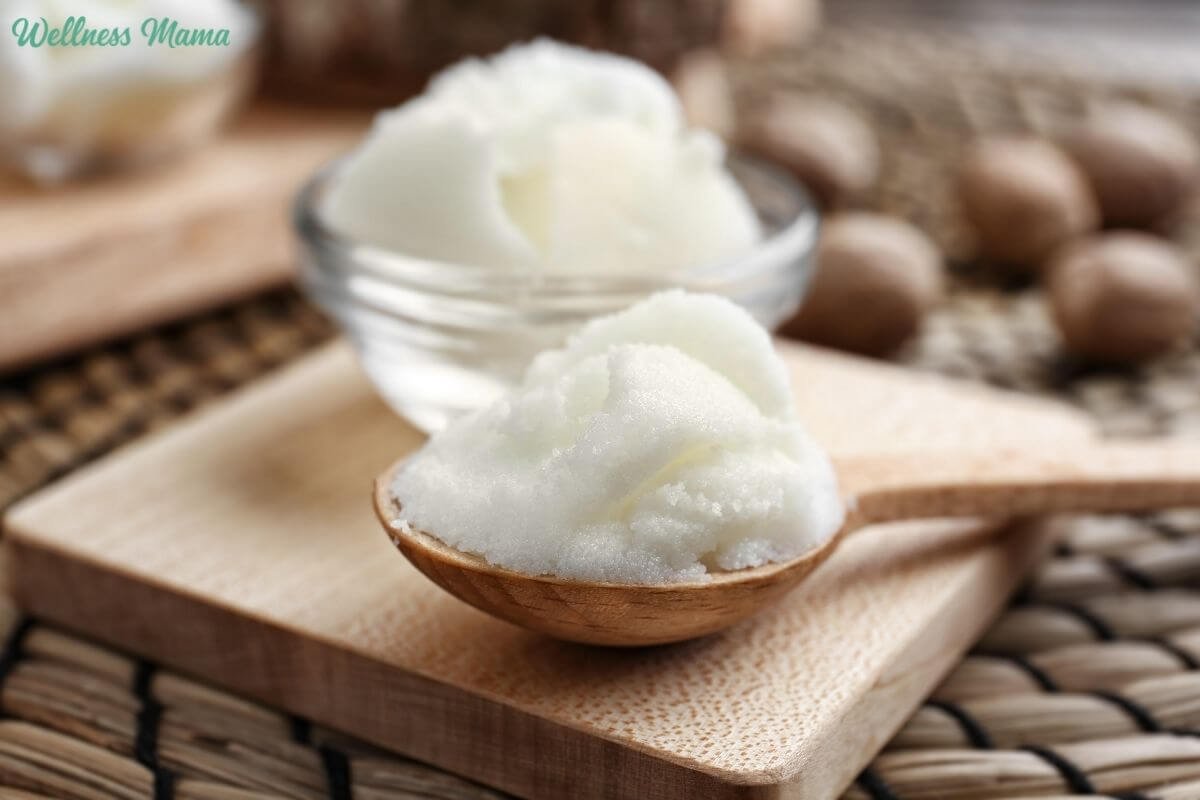
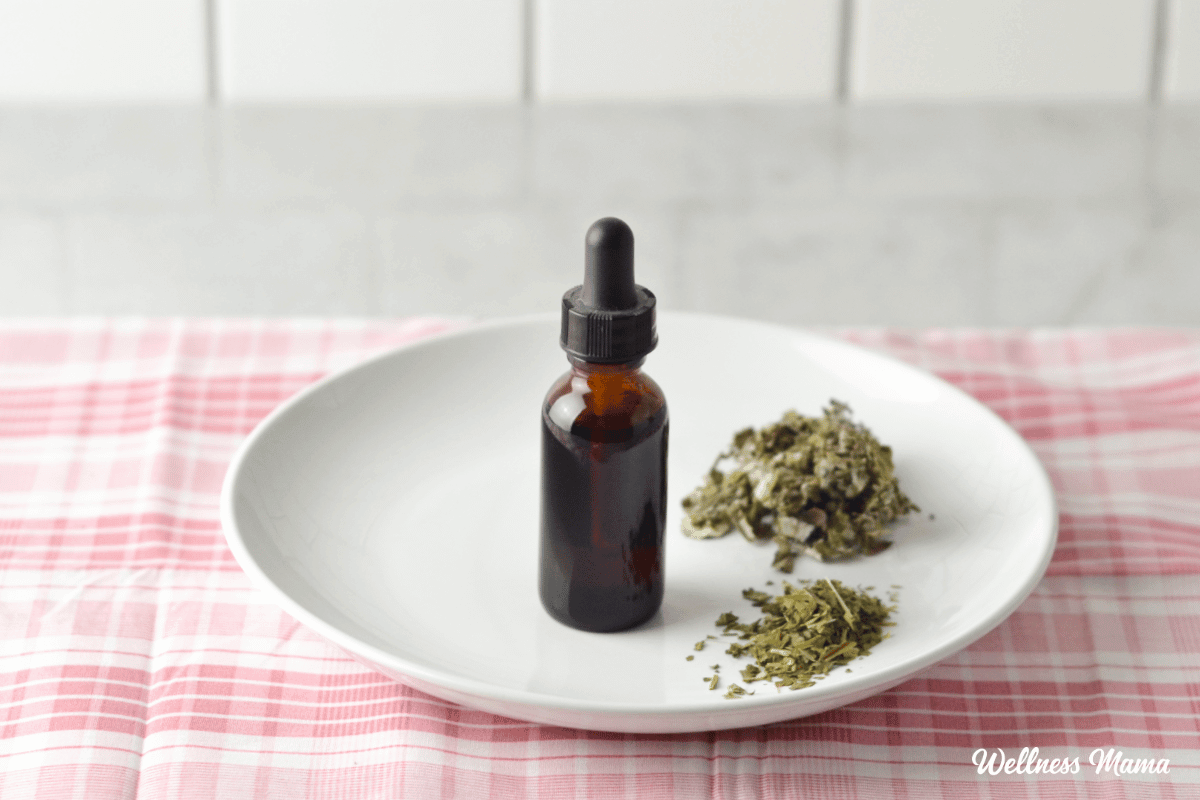

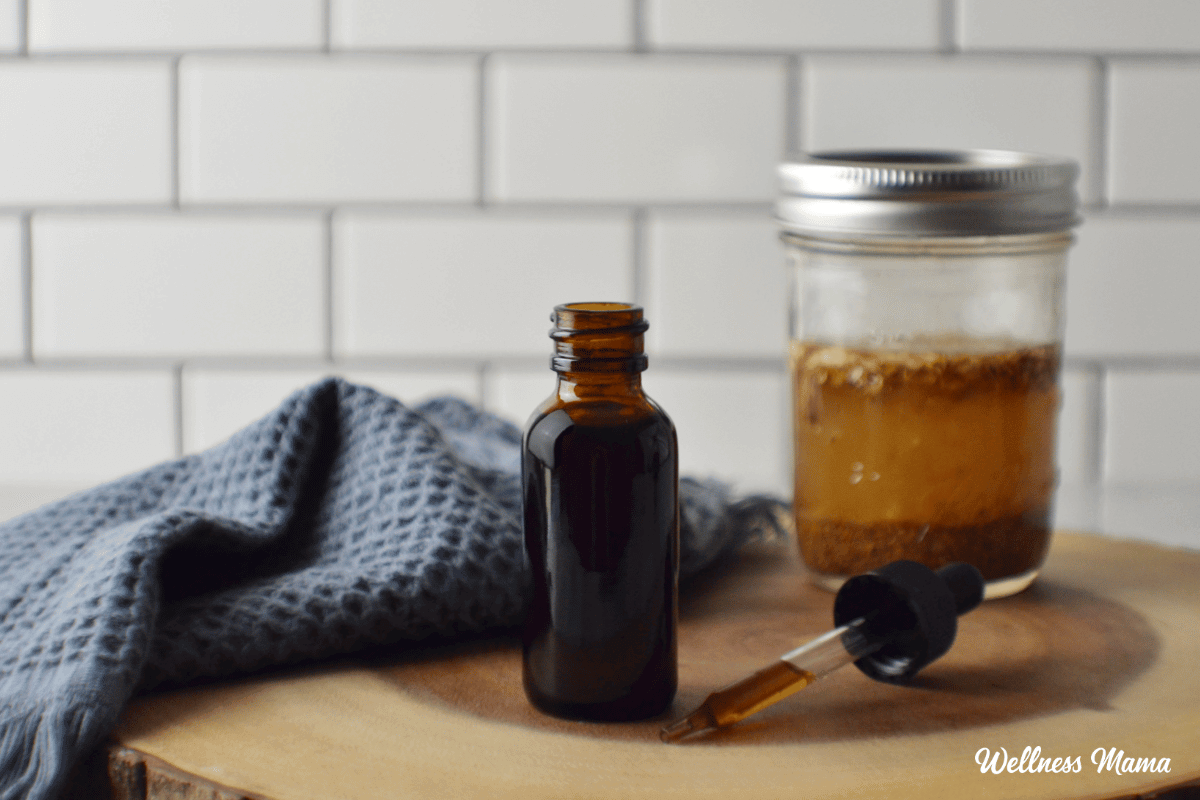


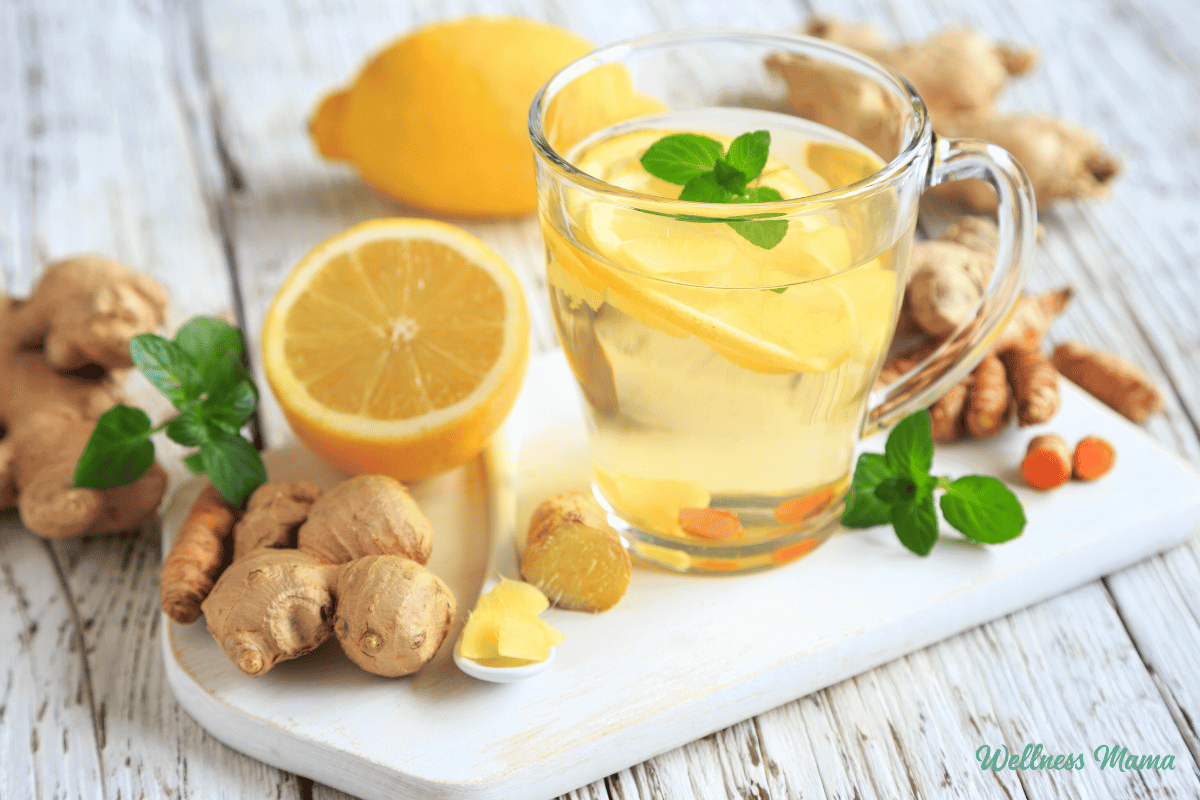
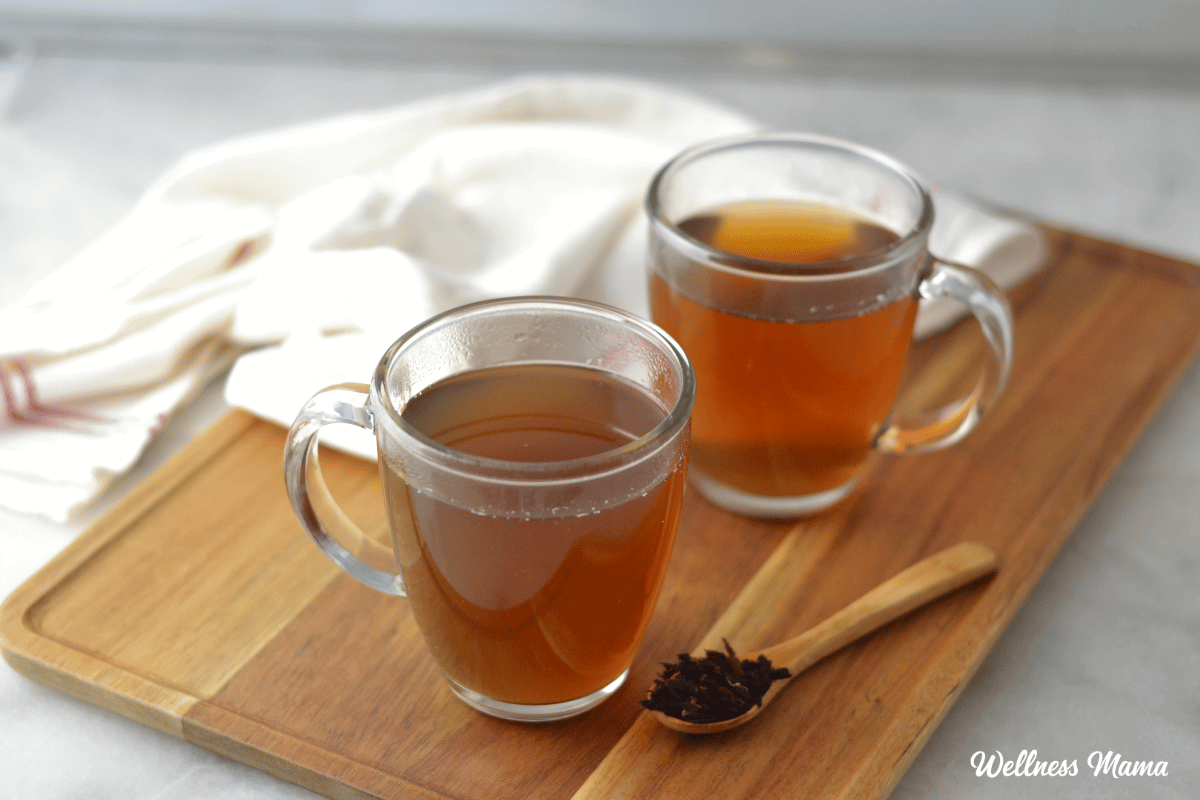




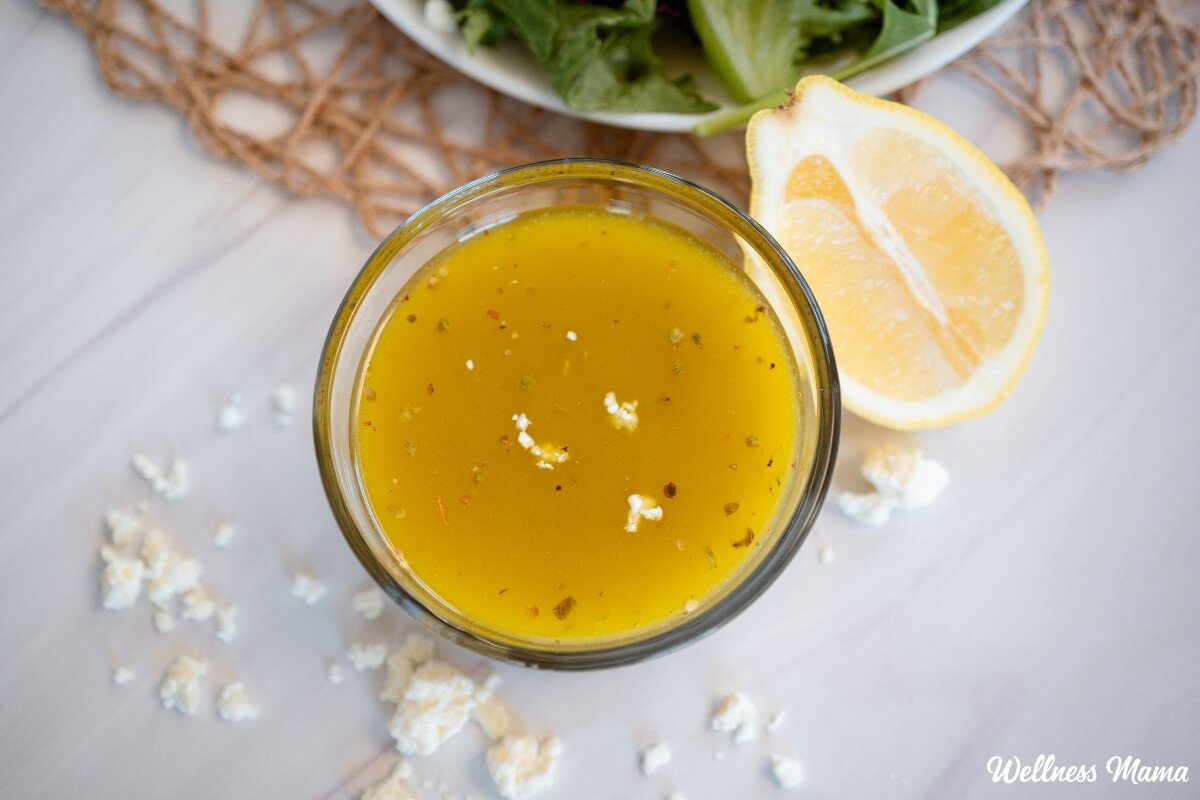
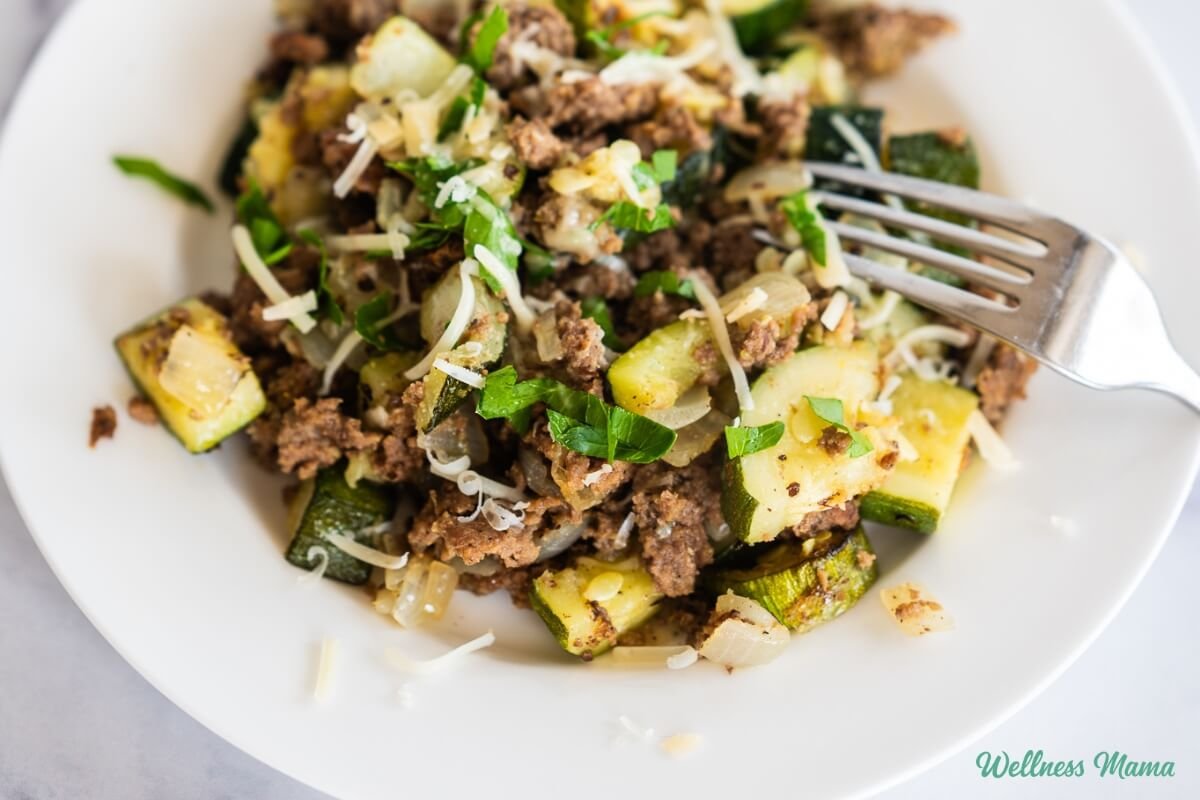
Leave a Reply